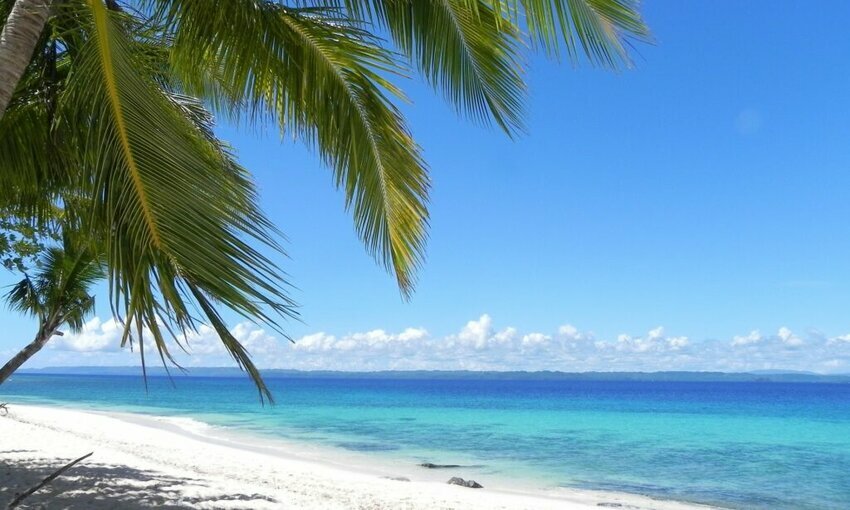 (Credit: Pixabay)
(Credit: Pixabay)The Blue Planet Alliance is encouraging small island developing states to commit to regulations that will mandate the implementation of 100% renewable energy by 2045.
The Kingdom of Tonga and Tuvalu were the first island nations to sign the Blue Planet Climate Agreement at last month’s COP27. A big piece of the 2022 UN climate conference was to help developing and island nations with sustainability targets, and the Blue Planet Alliance (BPA) is taking steps to make sure those initiatives become reality.
The BPA says the goal of the initiative is to help governments and businesses install an international movement to reduce fossil fuels. The organization is doing so through policy work, community-based programs, and youth-led advocacy.
Tuvalu took the agreement a step further by agreeing to use 100% renewable energy by 2030. BPA says it expects more commitments in the coming months.
“As more island nations sign the Blue Planet Climate Agreement, we are setting a goal to work together with greater strength in advocacy and create a ripple effect toward a more sustainable and livable future,” says BPA founder Henk Rogers.
Small island developing states have been a focus of international climate and sustainability measures because they can be more impacted than larger developed nations by natural events such as floods or tropical storms. These can impact grid resilience, food security, and agriculture.
An agreement at COP27 for the first time agreed to provide developing nations with support for “loss and damages” from natural events that are seen to be caused or made worse by warming produced by developing nations’ operations. Mitigating these impacts for smaller and developing nations is seen as a key component to reaching international net-zero targets by 2050.
Island nations account for less than 1% of the world’s emissions, according to the UN, and these countries also fast significant costs to import energy generation methods, especially from fossil fuels. Yet they have an abundance of natural resources particularly from the sun and wind to create renewable energy, and investment in clean transitions in developing counties is seen as lacking.
BPA says using a mandate-first approach can spark energy and sustainability transitions. It aims to get governments to pass laws that require 100% renewable energy transitions and to drive future police to focus on clean energy programs.
The group also seeks community-based programs where engagement from the public plays a role in developing and enhancing sustainable initiatives. Finally, it also looks for young people to encourage a move to renewable energy through its Blue Planet Global Ambassador Program for people ages 16 to 30. That group focuses significantly on the UN’s Sustainable Development Goals, the BPA says.
As the organization calls on island nations to make the 2045 renewable energy commitment, it is also seeking public and private financing to aid the plans.